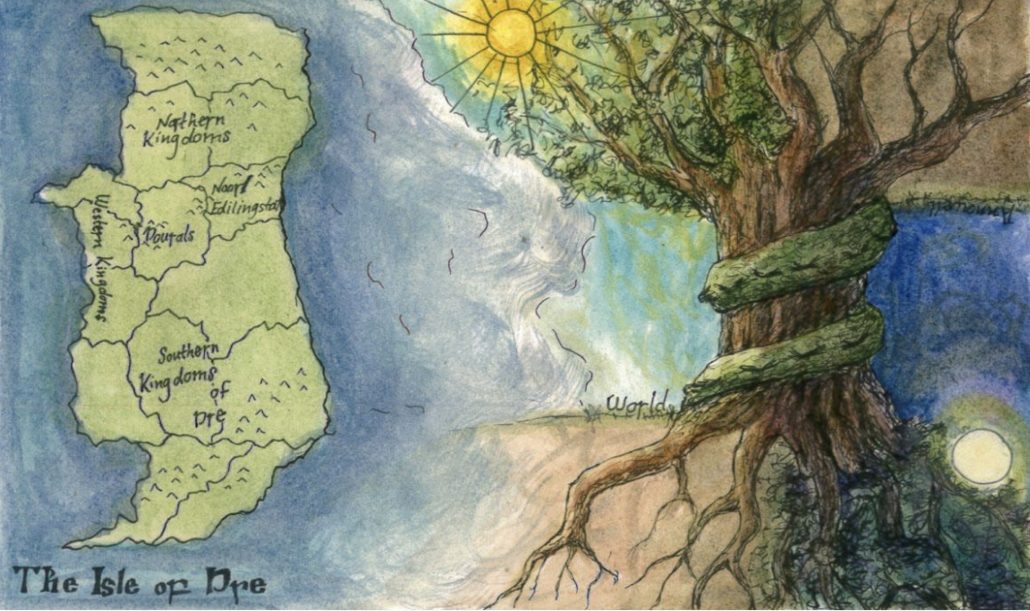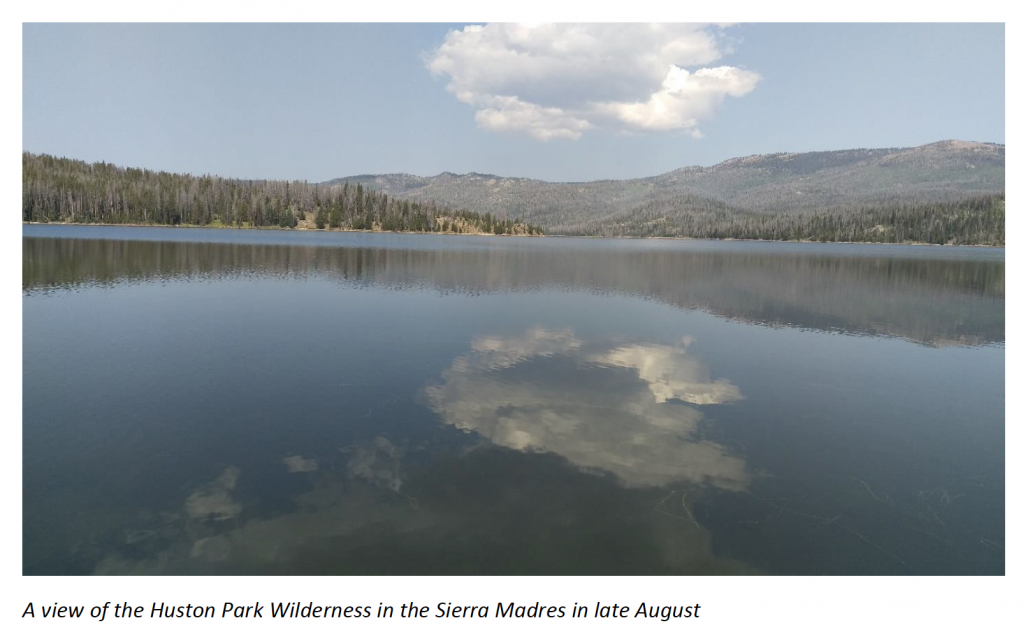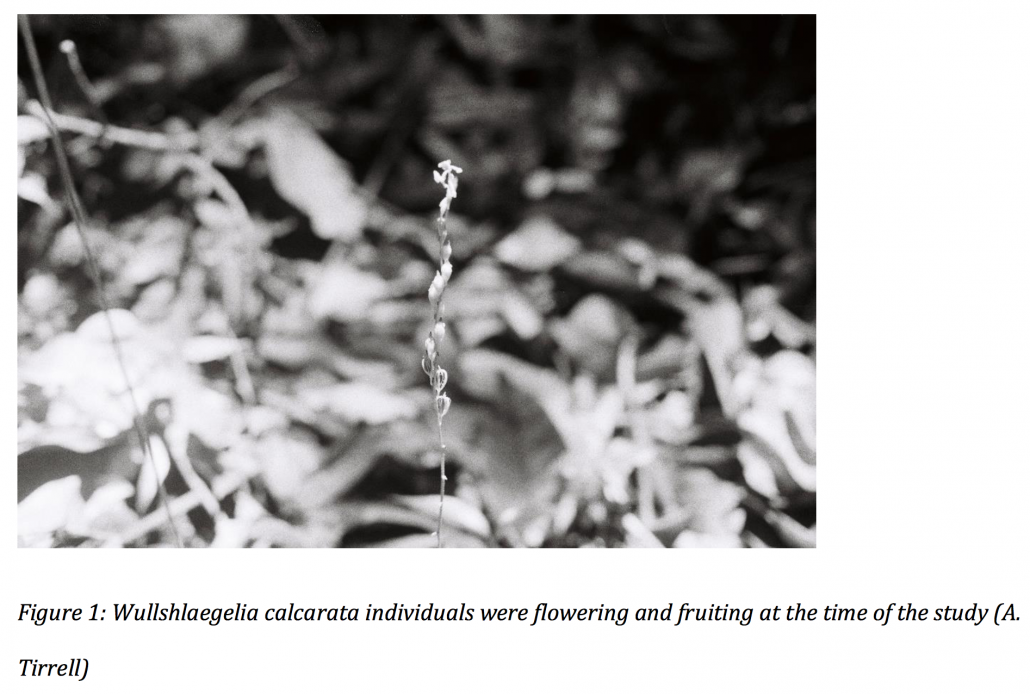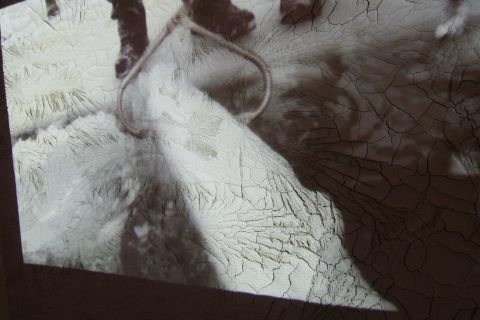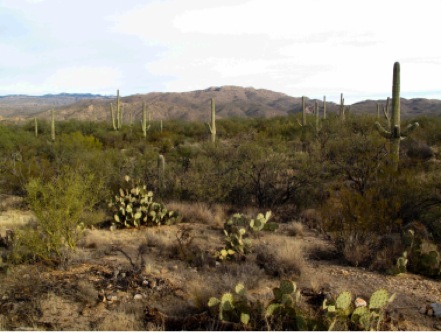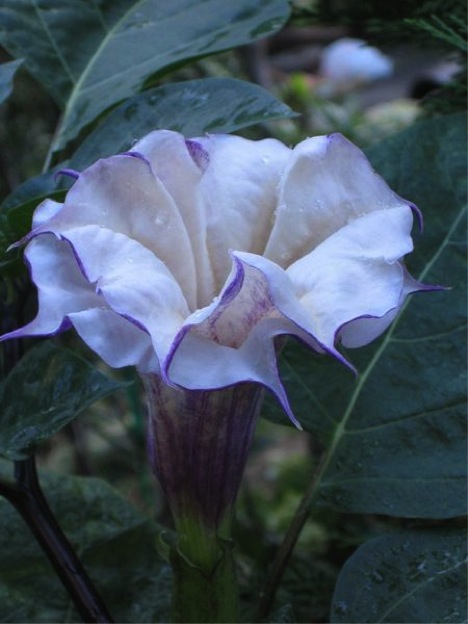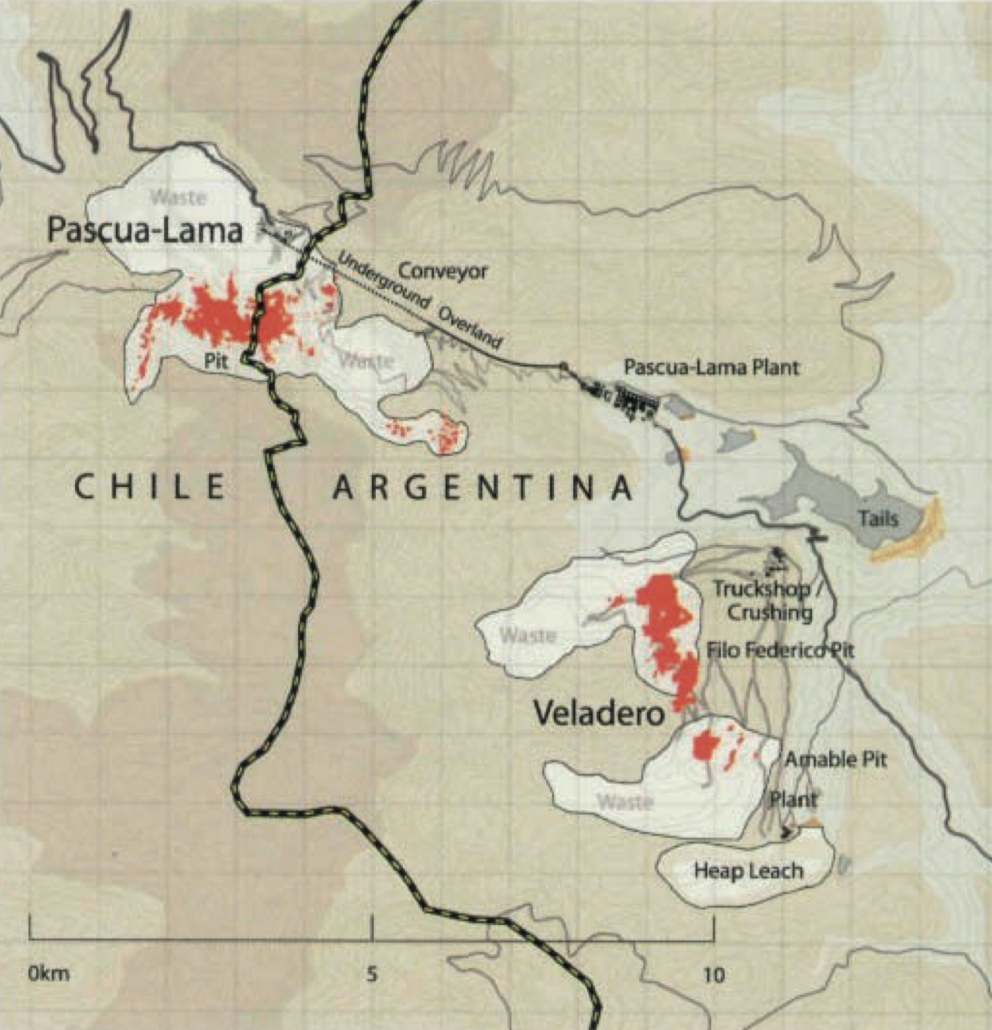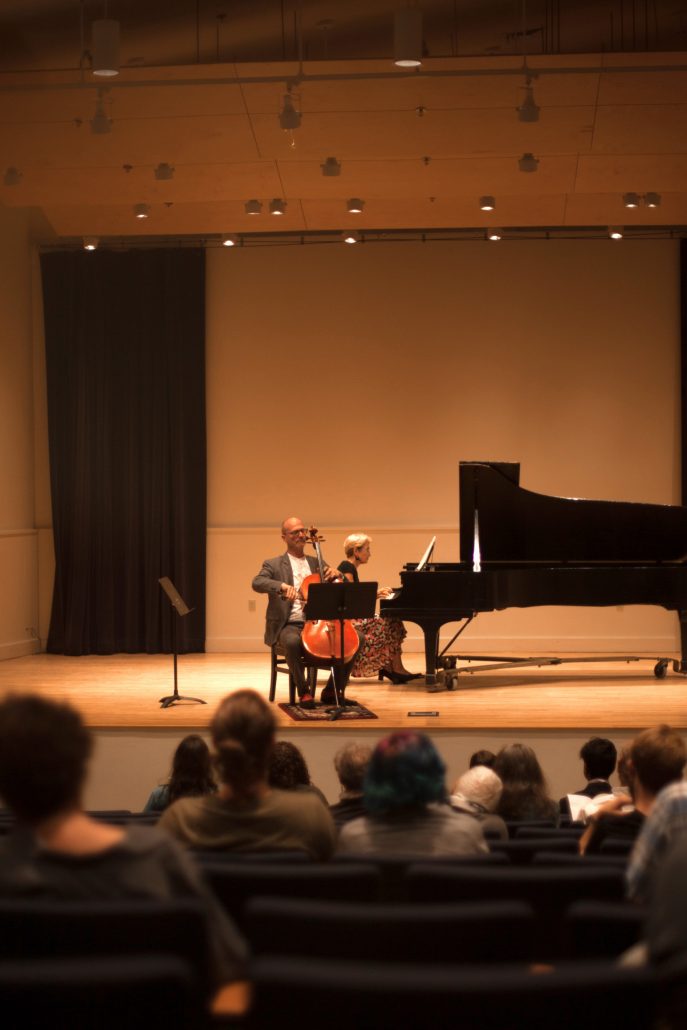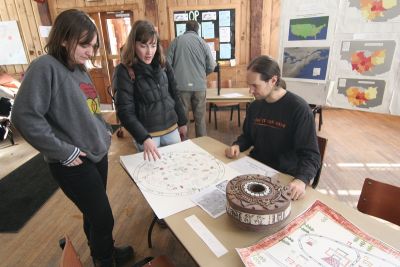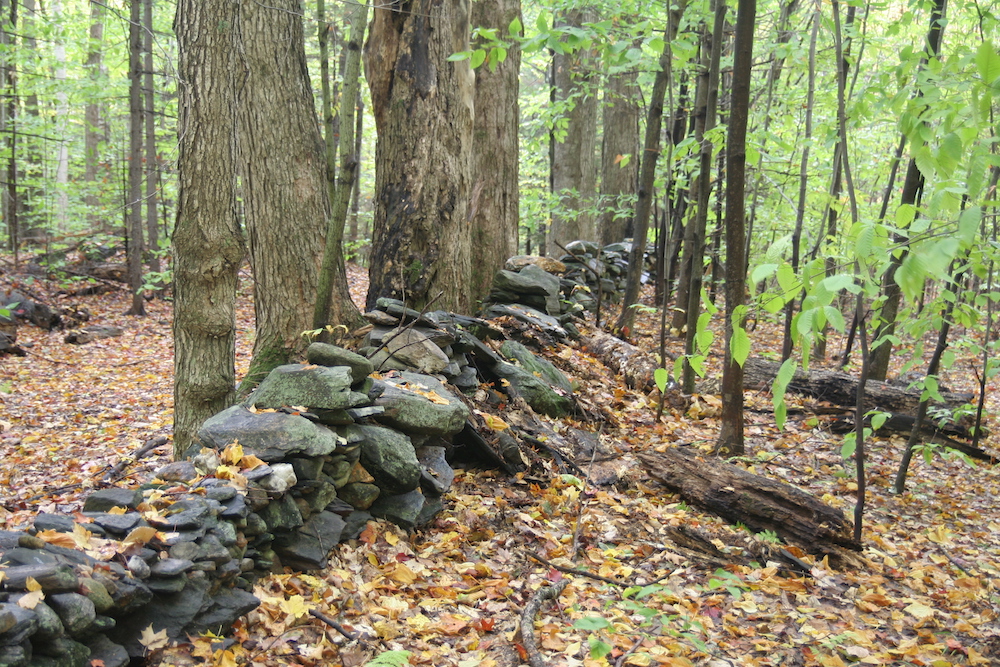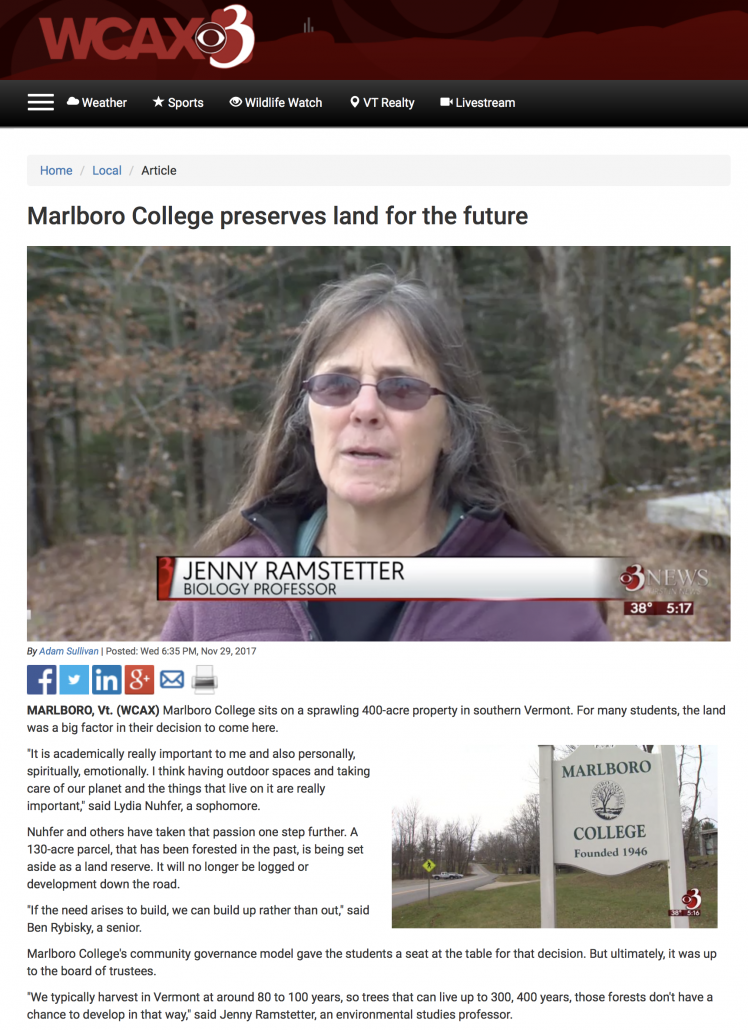Jenny Ramstetter
Fields
Education
B.S., Marlboro College, 1981
M.A., University of Montana, 1983
Ph.D., University of Massachusetts, Amherst, 1988
Post-Doctoral Research Fellow, Institut National de la Recherche Agronomique, Montpellier, France, 1988 – 1989
At Marlboro Since
1989

A biologist with a passion for both basic biological processes and cross-disciplinary questions related to today’s environmental concerns, Jenny Ramstetter graduated from Marlboro College herself. She earned her graduate degrees from the University of Montana and the University of Massachusetts, focusing on plant reproductive biology and plant rarity. She did postdoctoral research at the Institut National de la Recherche Agronomique on agricultural species originating in southern France. Jenny recognizes that biology is only one of many important pieces to the conservation ‘puzzle.’ “One of the most exciting things about being at Marlboro is that it offers so many opportunities to integrate biology with other fields of study,” says Jenny, who has worked with faculty and Plan students across the four areas of the curriculum—the Natural Sciences, Social Sciences, Arts, and Humanities—at Marlboro College. Her students bring their ideas in ecology or plant biology and sometimes use interdisciplinary approaches to address questions in fields such as sustainable agriculture, forest ecology, environmental literature, ethnobotany, environmental justice, environmental education, ecological design, or environmental humanities.
Teaching Philosophy
In all of her courses, from the year-long General Biology course (which she shares teaching with biologist Jaime Tanner) to Plants of Vermont or Genetics and Evolution, Jenny seeks to impart not merely detail, but an understanding of processes and relationships. “I also try to help students understand what constitutes a good question in biology,” she says. “Some of the questions that seem most fascinating are broad and unmanageable. The biologist’s job is to ask smaller, testable questions, and use the answers to address larger questions.”
Scholarly Activities
Jenny’s abiding concerns are for protecting biodiversity at multiple levels—populations, species, communities and ecosystems—and understanding and enhancing sustainability within human-dominated systems such as agricultural landscapes. Her fieldwork includes rare plant conservation for which Jenny was recognized by the New England Wild Flower Society when they presented her with the Vermont State Award in 2005. Jenny provides guidance on rare plants as a member of Vermont’s Flora Advisory Group (FLAG) and served on the Vermont Endangered Species Committee, advising the Agency of Natural Resources on conservation issues. As a member of the Conservation Commission in the town of Marlboro, she helped initiate conservation of a 500-acre conservation area on Hogback Mountain. She also worked with students and staff at Marlboro College to designate a portion of Marlboro College’s forested land as an Ecological Reserve in which no timber extraction or development will occur and is currently participating in an effort to designate some forested land within a local conservation area as a no timber harvest zone.


